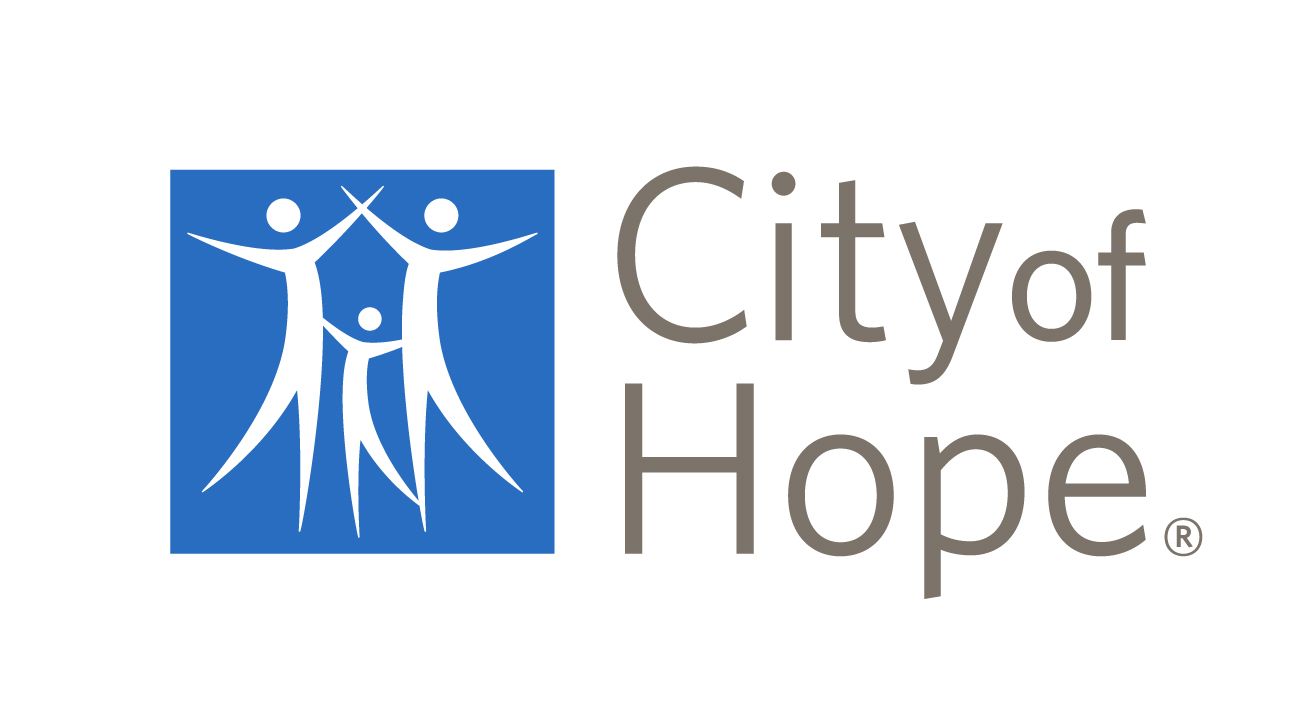- Advertise
- About OncLive
- Editorial Board
- MJH Life Sciences brands
- Contact Us
- Privacy
- Terms & Conditions
- Do Not Sell My Information
2 Clarke Drive
Suite 100
Cranbury, NJ 08512
© 2025 MJH Life Sciences™ and OncLive - Clinical Oncology News, Cancer Expert Insights. All rights reserved.
City of Hope | Strategic Alliance Partners
Latest from City of Hope
Dr. Htut on Immunotherapy in Multiple Myeloma
May 25, 2018
Video
Maung Myo Htut, MD, assistant clinical professor of hematology and hematopoietic cell transplantation, City of Hope, discusses the use of immunotherapy in the treatment of patients with multiple myeloma.
Opioid Epidemic Poses Complex Problem for Cancer Care
May 10, 2018
Article
Maurie Markman, MD, discusses the cause and impact of the opioid addiction epidemic in the United States.
City Of Hope Certified to Provide First FDA-Approved Car T-Cell Therapy For Pediatric And Young Adult Patients With Relapsed/Refractory B-Cell ALL
April 23, 2018
Article
City of Hope is currently the only institution in Southern California to offer both FDA-approved CAR T-cell therapies.
ALK Inhibitors Continue to Reshape Treatment in NSCLC
February 20, 2018
Article
Ravi Salgia, MD, PhD, discusses the evolving role of ALK-directed therapies for patients with non-small cell lung cancer.
Dr. Salgia on Crizotinib and Other TKIs in ALK-Positive NSCLC
February 19, 2018
Video
Ravi Salgia, MD, PhD, associate director, Clinical Sciences Research, Arthur & Rosalie Kaplan Chair, Medical Oncology, professor and chair, Department of Medical Oncology & Therapeutics Research, City of Hope, discusses effective agents in the treatment of patients with ALK-positive tumors.
Dr. Sampath on Safety of Immunotherapy Plus Radiation in Lung Cancer
February 15, 2018
Video
Sagus Sampath, MD, assistant professor, Department of Radiation Oncology, City of Hope, discusses the safety profile of immunotherapy in combination with radiation in the treatment of patients with lung cancer.
Dr. Erhunmwunsee on Factors of Disparity in Lung Cancer Treatment
February 06, 2018
Video
Loretta Erhunmwunsee, MD, thoracic surgeon, assistant professor of surgery, City of Hope, discusses the factors that contribute to disparities in the treatment of patients with lung cancer.
Dr. Salgia on Importance of Molecular Markers in Lung Cancer
February 01, 2018
Video
Ravi Salgia, MD, PhD, Arthur & Rosalie Kaplan Chair in Medical Oncology, associate director for clinical sciences at City of Hope, discusses the importance of molecular markers in lung cancer.
Dr. Raz on the Impact of the ALCHEMIST Trial on the Treatment of Patients With Lung Cancer
January 31, 2018
Video
Dan J. Raz, MD, MAS, co-director, Lung Cancer and Thoracic Oncology Program, assistant professor, Division of Thoracic Surgery, Department of Surgery, City of Hope, discusses the subsets of the ALCHEMIST trial.
Dr. Kim on the Safety of Immune Checkpoint Inhibition in Surgical Patients With Lung Cancer
January 31, 2018
Video
Jae Y. Kim, MD, chief, Division of Thoracic Surgery, Department of Surgery, assistant professor, Department of Surgery, City of Hope, discusses the use of immune checkpoint inhibitors in surgical patients with lung cancer.
Dr. Massarelli on First-Line ALK+ NSCLC Treatment
January 30, 2018
Video
Erminia Massarelli, MD, PhD, MS, associate clinical professor, Department of Medical Oncology and Therapeutics Research, City of Hope, discusses the adoption of alectinib (Alecensa) as the first-line therapy in the treatment of patients with ALK-positive non–small cell lung cancer (NSCLC).
Dr. Erhunmwunsee Discusses Disparities in Lung Cancer Treatment
January 17, 2018
Video
Loretta Erhunmwunsee, MD, thoracic surgeon, assistant professor of surgery, City of Hope, discusses disparities in the treatment of lung cancer.
Markman Proposes Shift in Ovarian Cancer Clinical Trial Paradigm
January 16, 2018
Article
Maurie Markman, MD, discusses the need to change the paradigm of clinical trials and FDA approvals in ovarian cancer.
Neoadjuvant Immunotherapy Being Investigated in Early-Stage NSCLC
January 08, 2018
Article
Jae Y. Kim, MD, discusses developments with checkpoint inhibition in patients with resectable NSCLC.
Biomarkers in NSCLC Poised to Expand in Coming Years
January 05, 2018
Article
Ravi Salgia, MD, PhD, discusses the evolution and current state of biomarker testing in the field of NSCLC.
Expert Assesses Challenges of Disparity in Lung Cancer
January 02, 2018
Article
Loretta Erhunmwunsee, MD, discusses the racial and socioeconomic disparities in lung cancer trials
City of Hope Names Michael A. Caligiuri as President of City of Hope National Medical Center
December 13, 2017
Article
City of Hope announced that it has appointed Michael A. Caligiuri, M.D., in a new executive leadership role as president of City of Hope National Medical Center and physician-in-chief.
Dr. Warner on the Future of Surgery for Patients With Prostate Cancer
November 17, 2017
Video
Jonathan N. Warner, MD, reconstructive urologist, City of Hope, discusses the future of surgery for patients with prostate cancer.
Pal Shares Insight on Abundance of Options in GU Malignancies
November 14, 2017
Article
Sumanta K. Pal, MD, discusses advancements in prostate cancer, bladder cancer, and promising results in kidney cancer.
Maintenance Rituximab Post-ASCT Associated With Improved OS in MCL
September 19, 2017
Article
Patients who received maintenance therapy with rituximab (Rituxan) following autologous stem cell transplantation as treatment for mantle cell lymphoma had a survival advantage, according to results from a retrospective single-center study.


